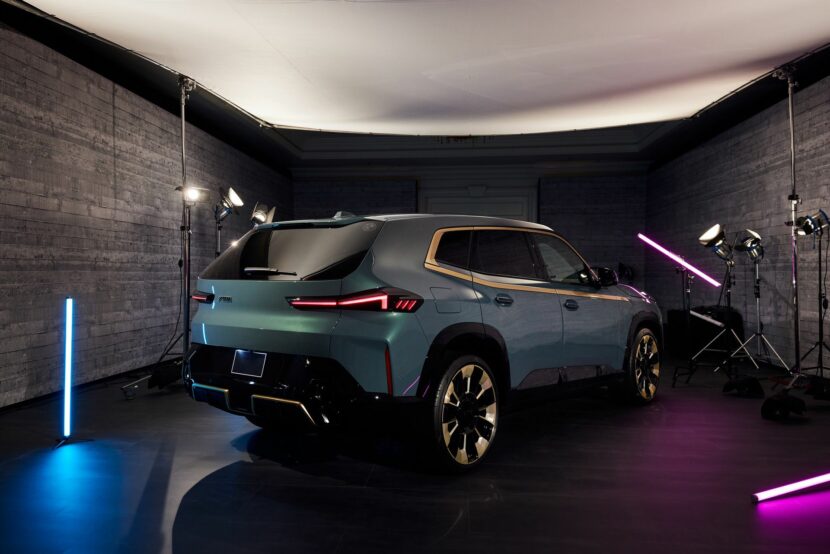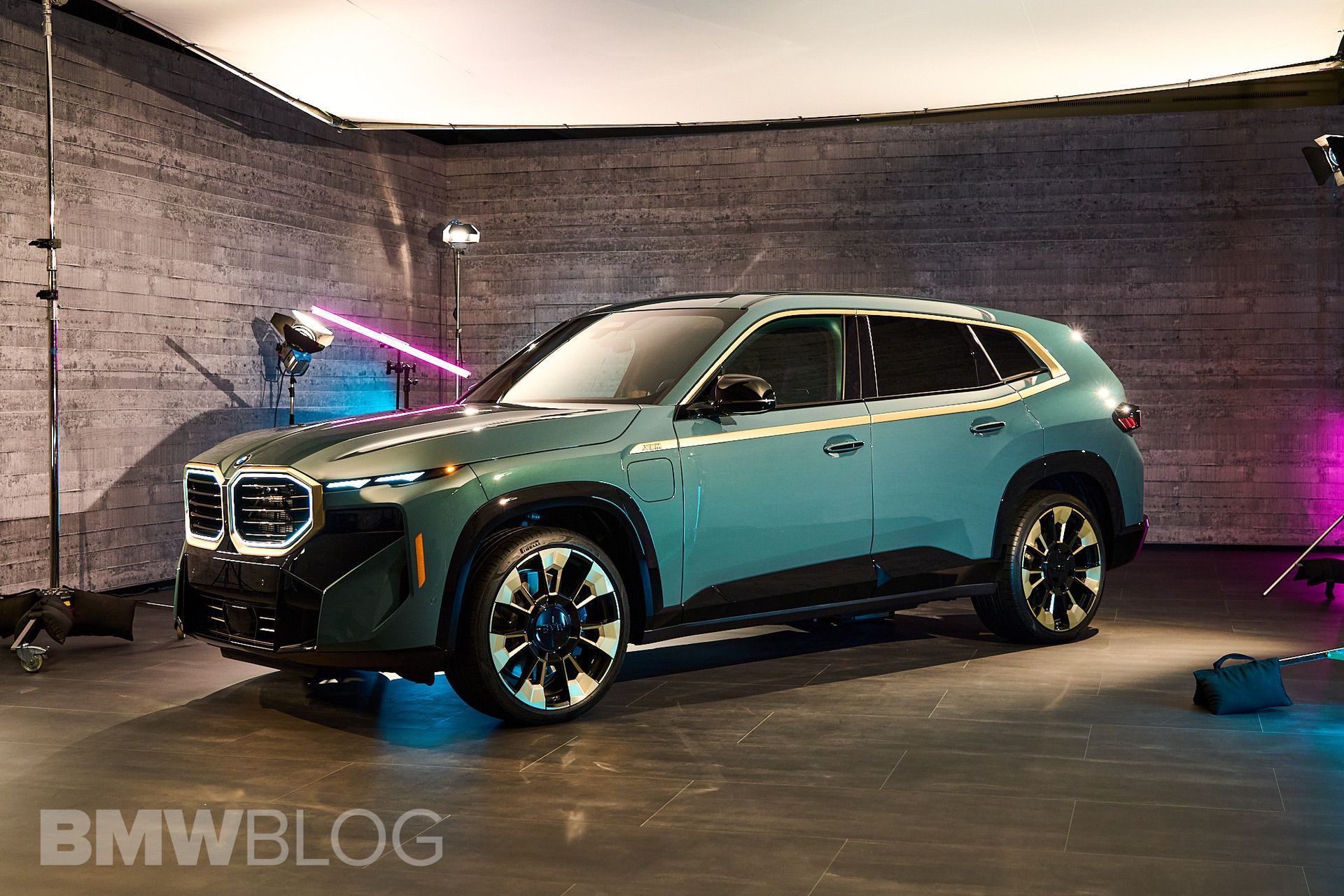At 5.1 meters long and 2 meters wide, it’s safe to say the BMW XM is no ballerina. It also happens to be the heaviest car from Munich in history (if we exclude the armored cars), tipping the scales at a gargantuan 2,710 kilograms. With these figures in mind, we aren’t expecting great things from the dedicated M model in real-world tests that assess its handling qualities.
The Spanish folks at KM77 decided to take the standard XM and find out how it fares in slalom and moose tests. This Cape York Green electrified SUV had the biggest wheels available, an optional 23-inch set with Pirelli P Zero 275/35 R23 front and 315/30 R23 rear tires. While it does have rear-wheel steering, electronically controlled dampers, and active roll stabilization, no one is really expecting the XM to be as agile as an M2.

Despite its hefty mass, the flagship M car performed admirably in the slalom test as it exhibited minimal understeer and oversteer. In addition, there was minimal intervention from the driver assistance systems and the vehicle navigated through the cones in a fairly smooth manner. It completed the test in 22.9 seconds, making it 0.8 seconds quicker than the M340d xDrive Touring and 0.4s quicker than the previous-generation MINI Countryman plug-in hybrid.
In the subsequent moose test, the XM didn’t particularly excel as it failed to complete the procedure at the targeted 77 km/h entry speed since it took down one of the cones. After a few more attempts, it eventually finished the test without making any casualties at an entrance speed of 74 km/h. The BMW M mastodont was doing 66 km/h in the middle of the moose test and had an exit speed of 48 km/h.
For such a large and heavy vehicle, the XM was relatively agile and exhibited minimal body roll while being predictable to control. Overall, the magazine’s journalists who tested the huge SUV admit it performed better than they expected given the vehicle’s imposing size and massive curb weight.
Source: km77.com / YouTube





































































